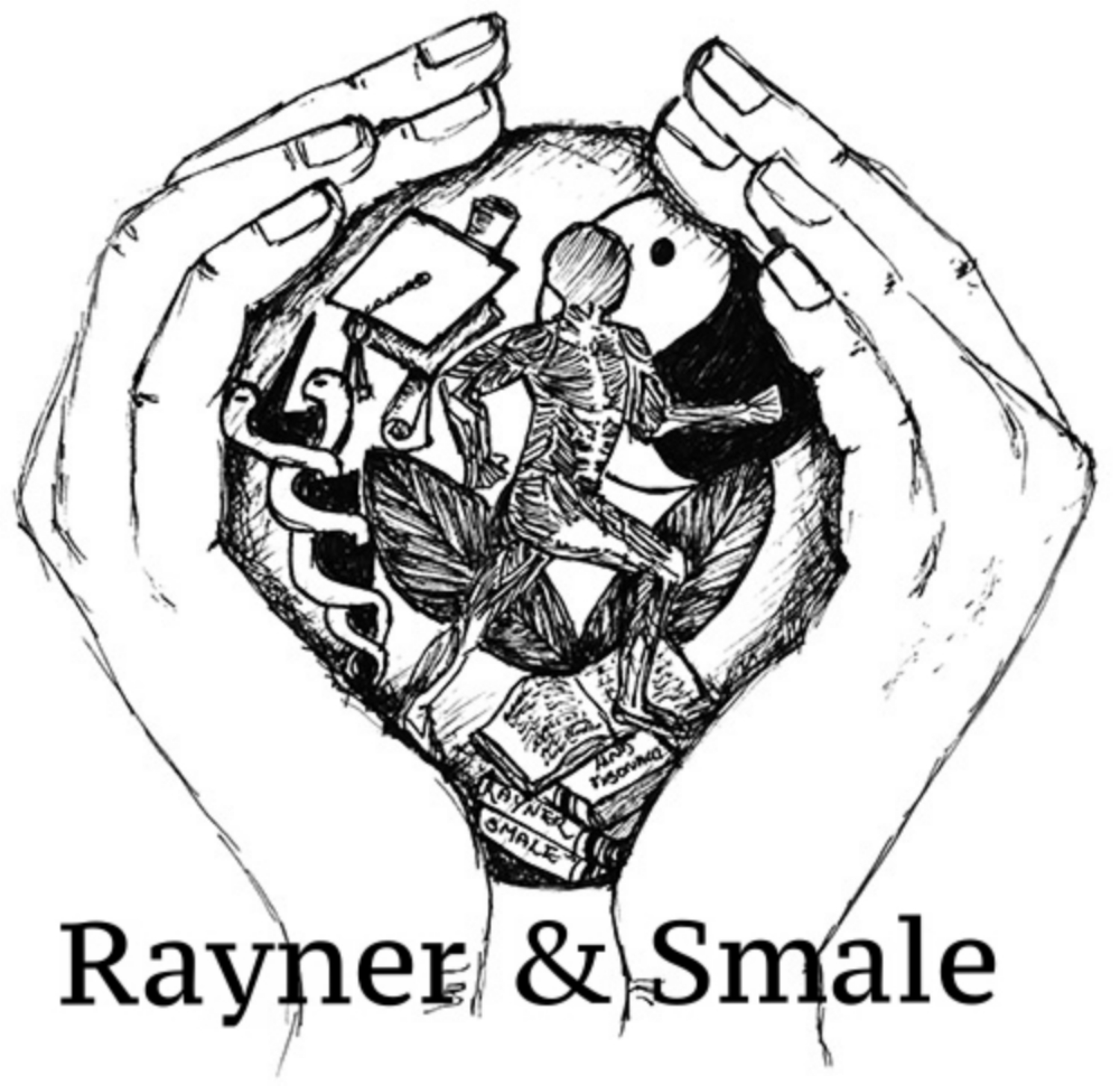Sleep More, Hurt Less
This week we are excited to welcome guest writer and soon-to-be Physical Therapist Sara Suddes to Rayner & Smale. I met Sara while teaching at UCSF and was excited to hear about the topic for her final-year evidence based practice presentation. Before transferring in PT school, Sara worked as a newspaper reporter. Sara has spent many months researching the bidirectional relationship between sleep and pain and has put her brilliant writing skills to use to share with us her thoughts about sleep and pain.
Read More